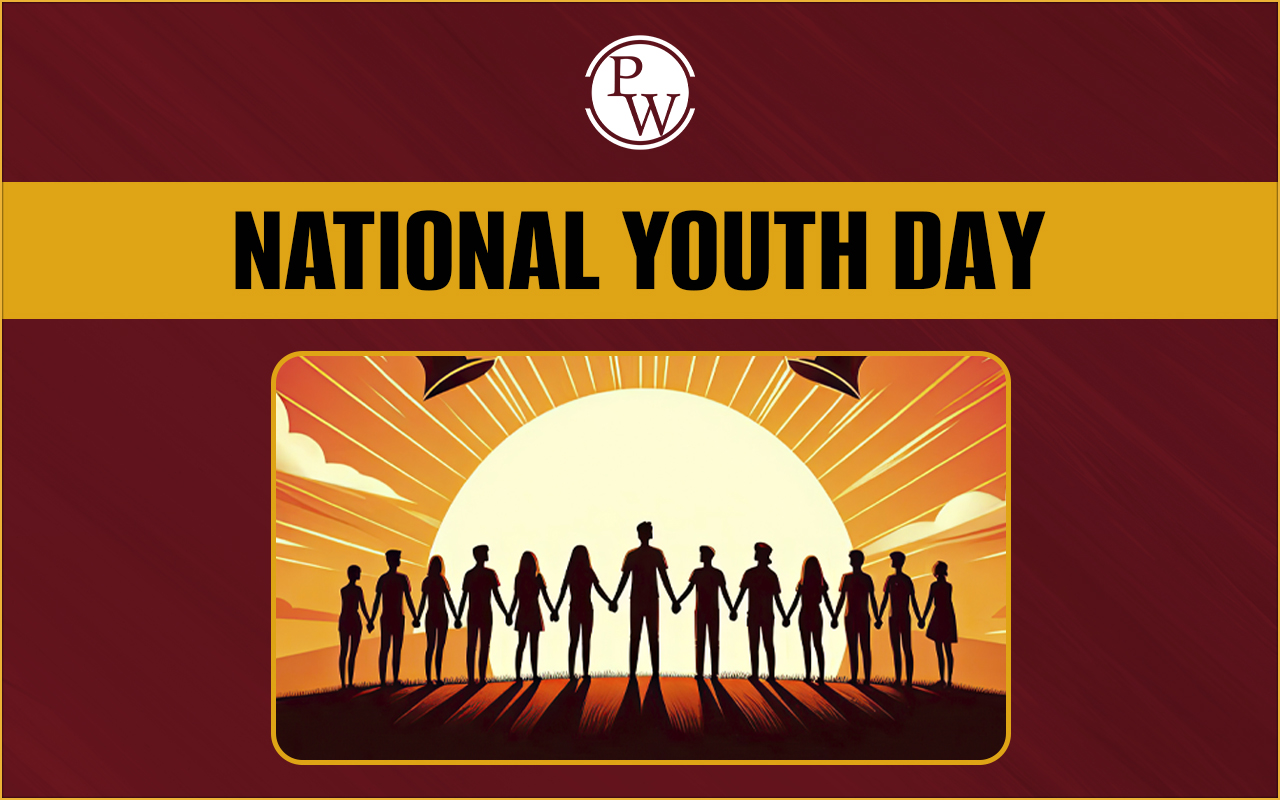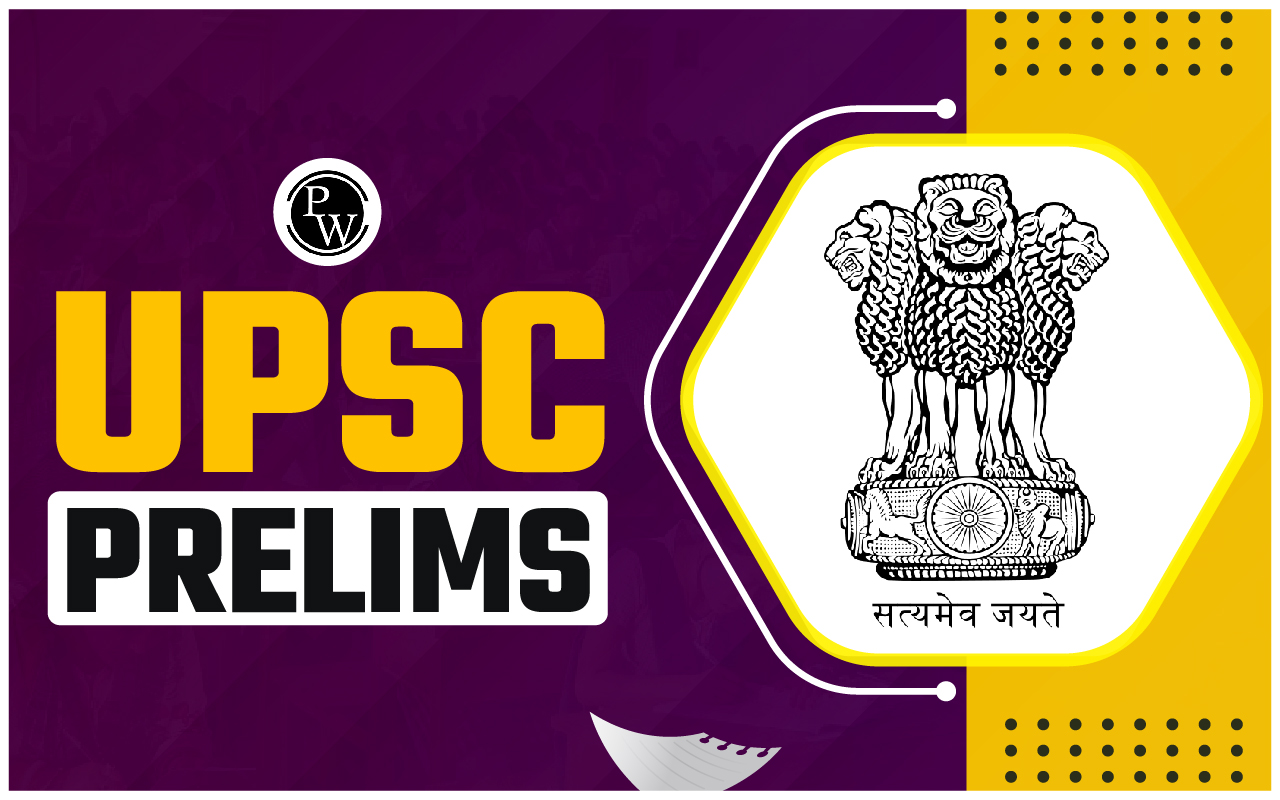
Shaheed Bhagat Singh Birth Anniversary is a day of national remembrance and inspiration, observed annually on September 28th. It honours the birthday of one of India's most celebrated and charismatic freedom fighters, who dedicated his short life to overthrowing British rule and establishing a truly socialist and egalitarian India. His revolutionary spirit and profound intellectual depth continue to inspire generations of youth in India and around the world.
Shaheed Bhagat Singh Birth Anniversary
The celebration of Shaheed Bhagat Singh Birth Anniversary commemorates the birth of Bhagat Singh, who was born on September 28, 1907, in the village of Banga, Lyallpur district (now in Pakistan). His full name was Bhagat Singh, and he came from a family deeply involved in the freedom struggle. He is affectionately remembered as Shaheed-e-Azam (the greatest martyr).
The main objective of celebrating Shaheed Bhagat Singh Birth Anniversary is to honor his selfless sacrifice, remember his socialist and secular ideologies, and reaffirm the revolutionary fervor he ignited in the fight for India's independence.
Who was Shaheed Bhagat Singh?
Shaheed Bhagat Singh was one of the most prominent and revolutionary freedom fighters in India's struggle for independence against British rule.
-
Birth: He was born on September 28, 1907, in the village of Banga, Punjab (now in Pakistan).
-
Ideology: He was a profound intellectual and a firm believer in socialism, rationalism, and atheism. He was heavily influenced by Marxist theories and envisioned an independent India that was free from all forms of exploitation.
-
Key Organizations: He was a key leader in revolutionary groups, most notably the Naujawan Bharat Sabha (founded 1926) and the Hindustan Socialist Republican Association (HSRA).
-
Major Actions:
-
Assassination of J.P. Saunders (1928): He and his associates took part in the assassination of a British police officer in a bid to avenge the death of nationalist leader Lala Lajpat Rai, who had been injured in a police lathi charge.
-
Central Legislative Assembly Bombing (1929): Along with Batukeshwar Dutt, he threw two non-lethal bombs into the Assembly to protest oppressive laws and "make the deaf hear" the voice of the revolution. They voluntarily surrendered afterward to use the trial as a platform to spread their message.
-
Martyrdom: He was convicted in the Lahore Conspiracy Case and executed by the British on March 23, 1931, at the age of 23, along with his comrades Sukhdev and Rajguru. The day of their execution is observed as Martyrs' Day (Shaheed Diwas) in India.
Early Life and Revolutionary Influences
Bhagat Singh was born into a Sikh family whose members were already active participants in the freedom movement. His father, Kishan Singh, and his uncles, Ajit Singh and Swaran Singh, were prominent freedom fighters. This politically conscious environment had a profound impact on young Bhagat Singh.
-
Jallianwala Bagh Massacre: The brutal Jallianwala Bagh massacre in Amritsar in 1919, which he witnessed at the tender age of 12, was a turning point that deeply instilled in him a resolve to fight for India's freedom.
-
Education and Shift in Ideology: He initially supported Mahatma Gandhi's Non-Cooperation Movement and boycotted government-run schools by enrolling in the National College, Lahore, which was founded by Lala Lajpat Rai. However, after Gandhi withdrew the movement following the Chauri Chaura incident, Bhagat Singh turned towards a more revolutionary nationalism. He believed that armed revolution was necessary to challenge British imperialism.
Key Revolutionary Organisations
Bhagat Singh was instrumental in reshaping and leading key revolutionary groups in North India:
-
Naujawan Bharat Sabha (Youth of India Society): Founded by Bhagat Singh in 1926, this militant youth organisation aimed to mobilise peasants and workers to fight against the British rule. He served as the organisation's secretary.
-
Hindustan Socialist Republican Association (HSRA): Bhagat Singh became a member of the Hindustan Republican Association (HRA) in 1924, which he later renamed to the Hindustan Socialist Republican Association (HSRA) in 1928, along with comrades like Chandra Shekhar Azad and Sukhdev. The name change reflected a shift in the group's objective from merely gaining political freedom to also establishing a socialist state free from exploitation.
The Lahore Conspiracy Case and Saunders Assassination
The death of the respected nationalist leader Lala Lajpat Rai in 1928 proved to be a major catalyst for Bhagat Singh's revolutionary actions.
-
Revenge for Lathi Charge: Lala Lajpat Rai had been leading a peaceful protest against the Simon Commission when he was brutally injured in a police lathi (baton) charge ordered by Superintendent of Police, James A. Scott.
-
Mistaken Identity: Determined to avenge the death, Bhagat Singh, along with Shivaram Rajguru, Sukhdev Thapar, and others, plotted to assassinate Scott. However, in a case of mistaken identity on December 17, 1928, they mistakenly killed a junior British police officer, John P. Saunders, and Head Constable Chanan Singh in Lahore. This incident formed the core of the infamous Lahore Conspiracy Case (1929).
Central Legislative Assembly Bombing
Following the assassination, Bhagat Singh went into hiding. However, in an act of powerful political defiance, he resurfaced for an iconic act that grabbed national attention.
-
The Protest: On April 8, 1929, Bhagat Singh, along with Batukeshwar Dutt, hurled two non-lethal bombs into the Central Legislative Assembly in Delhi.
-
The Motive: The act was a symbolic protest against two repressive bills being passed by the British—the Public Safety Bill and the Trade Disputes Bill.
-
Making the Deaf Hear: The bombs were intentionally non-lethal, as their aim was not to cause injury, but to protest and "make the deaf hear" the revolutionaries' message. After throwing the bombs, the two men shouted the slogan "Inquilab Zindabad!" (Long Live the Revolution) and voluntarily surrendered, using the courtroom as a platform to spread their socialist and anti-imperialist ideas.
Bhagat Singh's Ideology and Writings
Bhagat Singh was not just a revolutionary; he was a profound thinker, writer, and intellectual. His ideas transcended mere nationalism, focusing on a future for India built on equality, rationalism, and justice.
-
Socialism and Marxism: He was greatly influenced by global revolutionary thought, including Bolshevism and anarchism. He was an avid reader of the works of Karl Marx and Vladimir Lenin, advocating for a socialist reconstruction of Indian society.
-
Rationalism and Atheism: His famous autobiographical discourse, "Why I Am an Atheist," showcased his commitment to rationalism and his critique of blind faith and organised religion, which he viewed as a form of mental slavery.
-
The True Meaning of Revolution: For him, revolution was not just about bombs and pistols, but about a complete transformation of society. As he famously wrote, "The sword of revolution is sharpened on the whetting stone of ideas" and "Revolution is an inalienable right of mankind. Freedom is an imperishable birthright of all.".
The Martyrdom of Bhagat Singh, Rajguru, and Sukhdev
Bhagat Singh's trial for the Saunders murder (Lahore Conspiracy Case) gained massive public attention. While imprisoned, he and his comrades undertook a historic hunger strike demanding better treatment and facilities for Indian political prisoners, which further intensified national support.
-
The Execution: Bhagat Singh, along with his companions Sukhdev Thapar and Shivaram Rajguru, were convicted in the Lahore Conspiracy Case and sentenced to death. They were initially scheduled to be hanged on March 24, 1931, but the execution was carried out a day earlier, on the evening of March 23, 1931, in Lahore Central Jail.
-
Martyrs' Day: Their supreme sacrifice is commemorated annually on March 23rd, which is observed as Martyrs' Day (Shaheed Diwas) in India.
Legacy and Relevance of Bhagat Singh Today
The legacy of Bhagat Singh extends far beyond his revolutionary acts; he remains a timeless symbol of youth-led change, courage, and intellectual resistance against injustice.
-
Icon for Youth: Even today, his life and teachings serve as a powerful inspiration for students and young political workers to engage with pressing social and political issues.
-
Commitment to Justice: His calls for the upliftment of marginalized communities, communal harmony, and the dismantling of exploitative systems (like the abolition of landlordism and equitable distribution of resources) are still highly relevant in modern India.
-
Inquilab Zindabad: The slogan he popularized, "Inquilab Zindabad" (Long Live the Revolution), remains one of the most powerful and enduring rallying cries in India.
Shaheed Bhagat Singh Birth Anniversary FAQs
When is Shaheed Bhagat Singh Birth Anniversary celebrated?
What is the most famous slogan associated with Bhagat Singh?
Why was Bhagat Singh executed?
What was the name of the revolutionary organisation Bhagat Singh was associated with?








